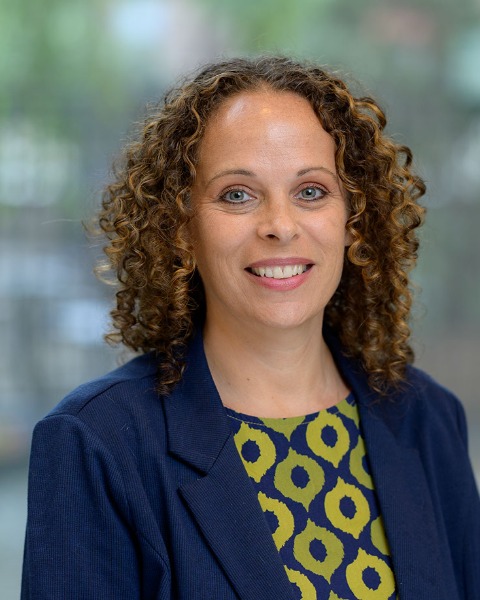Flash Presentation
Diversity, Disparity, and Inclusion
Session: Diverse Identities
Beyond Boundaries: Navigating MAiD in LGBTQI+ Oncology Patients - Ethical Considerations and Humanistic Perspectives
Thursday, September 19, 2024
4:30 PM – 5:30 PM CT
Location: Regency Ballroom B (First Floor)
Keywords: Cisheteronormativity, Medical aid in dying
Abstract: Many healthcare institutions have a dearth of policies and procedures for documenting and/or addressing the specific needs of sexual and gender minoritized (SGM) populations, otherwise known as lesbian, gay, bisexual, transgender, or queer populations. This gap occurs despite an expressed desire by SGM populations to disclose their sexual orientation and gender identity to their healthcare providers. These shortcomings can lead to negative systemic navigational issues, discrimination, poor healthcare outcomes, and unwelcoming healthcare environments for SGM populations.
Research has demonstrated that the end-of-life needs of SGM populations have been significantly ignored, autonomy is often not respected, and safe spaces for disclosure do not exist. We theorize that in the U.S., these deficiencies are specifically pronounced in the practice of medical aid in dying (MAiD), which is legal in 10 U.S. states and Washington, DC. Medical aid in dying is designed to empower patients with terminal illnesses and respect their autonomy as they approach end-of-life. We hypothesize that clinicians are less likely to have these discussions with vulnerable or marginalized patients with terminal diseases.
This flash presentation will discuss our retrospective review of 5,000 SGM patients’ charts at a large academic NCI-designated cancer center for documentation of conversations or ethics consultations around MAiD over a 4-year period. Our research found no evidence of MAiD discussions or ethics consultations during this time. This presentation will explore our theories behind this finding and discuss whether cisheteronormativity limits comparative justice in SGM populations when faced with terminal illness and discussions about MAiD.
Research has demonstrated that the end-of-life needs of SGM populations have been significantly ignored, autonomy is often not respected, and safe spaces for disclosure do not exist. We theorize that in the U.S., these deficiencies are specifically pronounced in the practice of medical aid in dying (MAiD), which is legal in 10 U.S. states and Washington, DC. Medical aid in dying is designed to empower patients with terminal illnesses and respect their autonomy as they approach end-of-life. We hypothesize that clinicians are less likely to have these discussions with vulnerable or marginalized patients with terminal diseases.
This flash presentation will discuss our retrospective review of 5,000 SGM patients’ charts at a large academic NCI-designated cancer center for documentation of conversations or ethics consultations around MAiD over a 4-year period. Our research found no evidence of MAiD discussions or ethics consultations during this time. This presentation will explore our theories behind this finding and discuss whether cisheteronormativity limits comparative justice in SGM populations when faced with terminal illness and discussions about MAiD.
Learning Objectives:
After participating in this conference, attendees should be able to:
- At the end of this session, attendees will be able to understand the hierarchical dynamics in medical aid in dying decisions.
- At the end of this session, attendees will be able to recognize the barriers to medical aid in dying discussions for sexual and gender minoritized populations.
- At the end of this session, attendees will be able to assess the impact of cisheteronormativity on comparative justice in medical aid in dying.
Yesne Alici – Memorial Sloan Kettering Cancer Center; Amy Scharf – Memorial Sloan Kettering Cancer Center; Claire Murray – Memorial Sloan Kettering Cancer Center; Kali Pfaff – Memorial Sloan Kettering Cancer Center

Kelly Haviland, PhD, MSN, FNP-BC, TGNB-C
Advanced Practice Provider Manager, Professional Development, LGBTQI+ Consultant
Memorial Sloan Kettering Cancer Center
New York, New York
